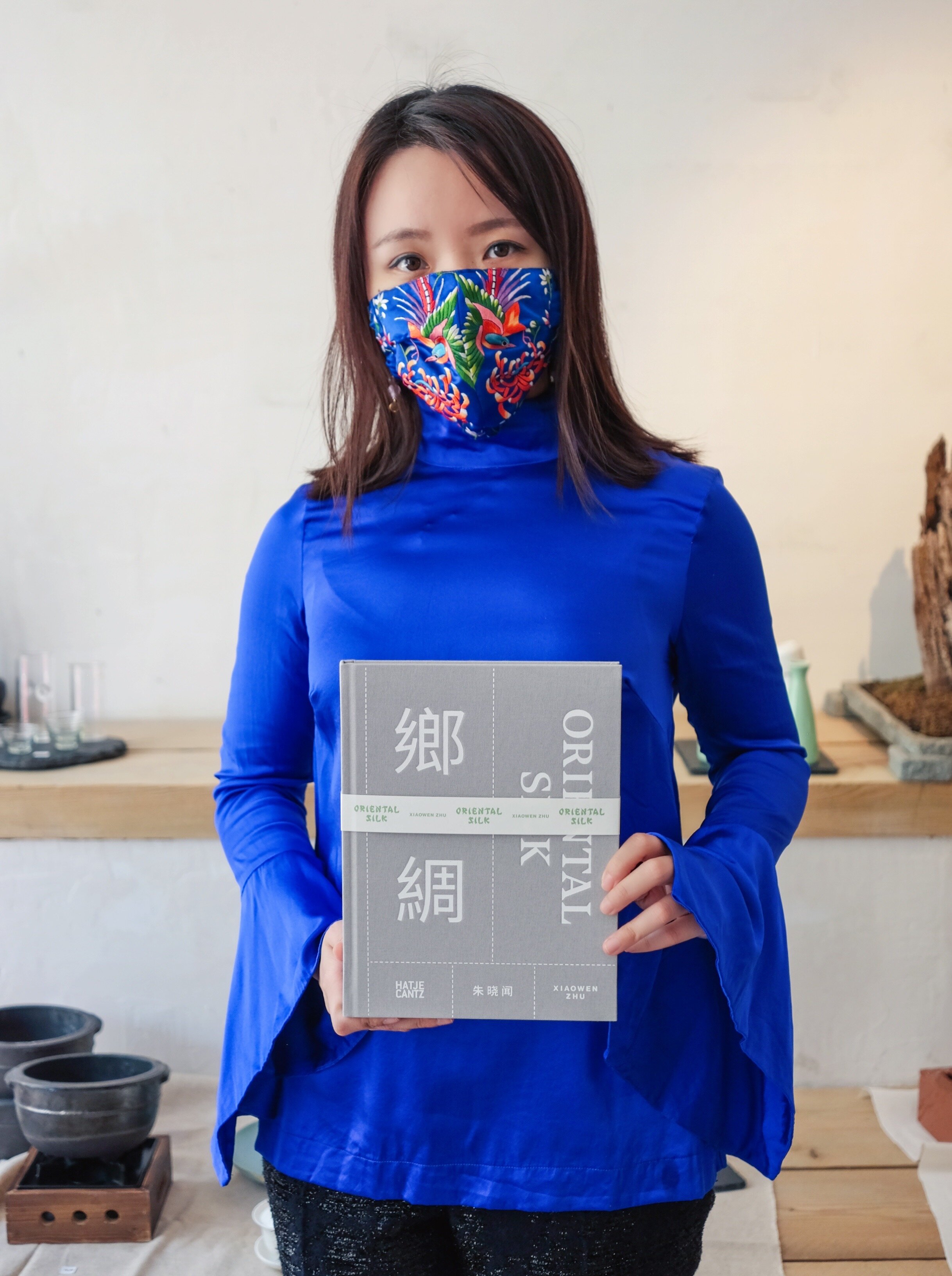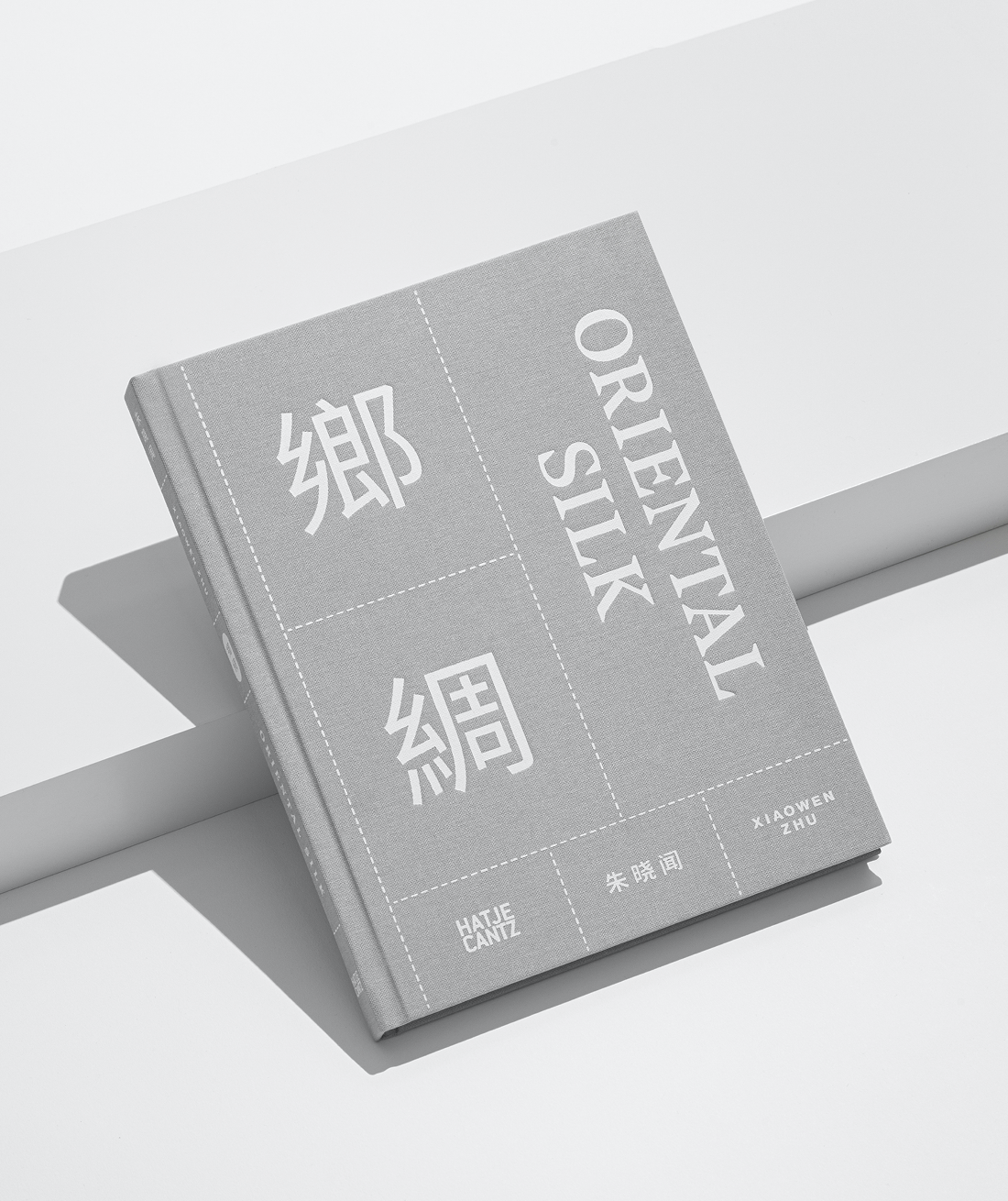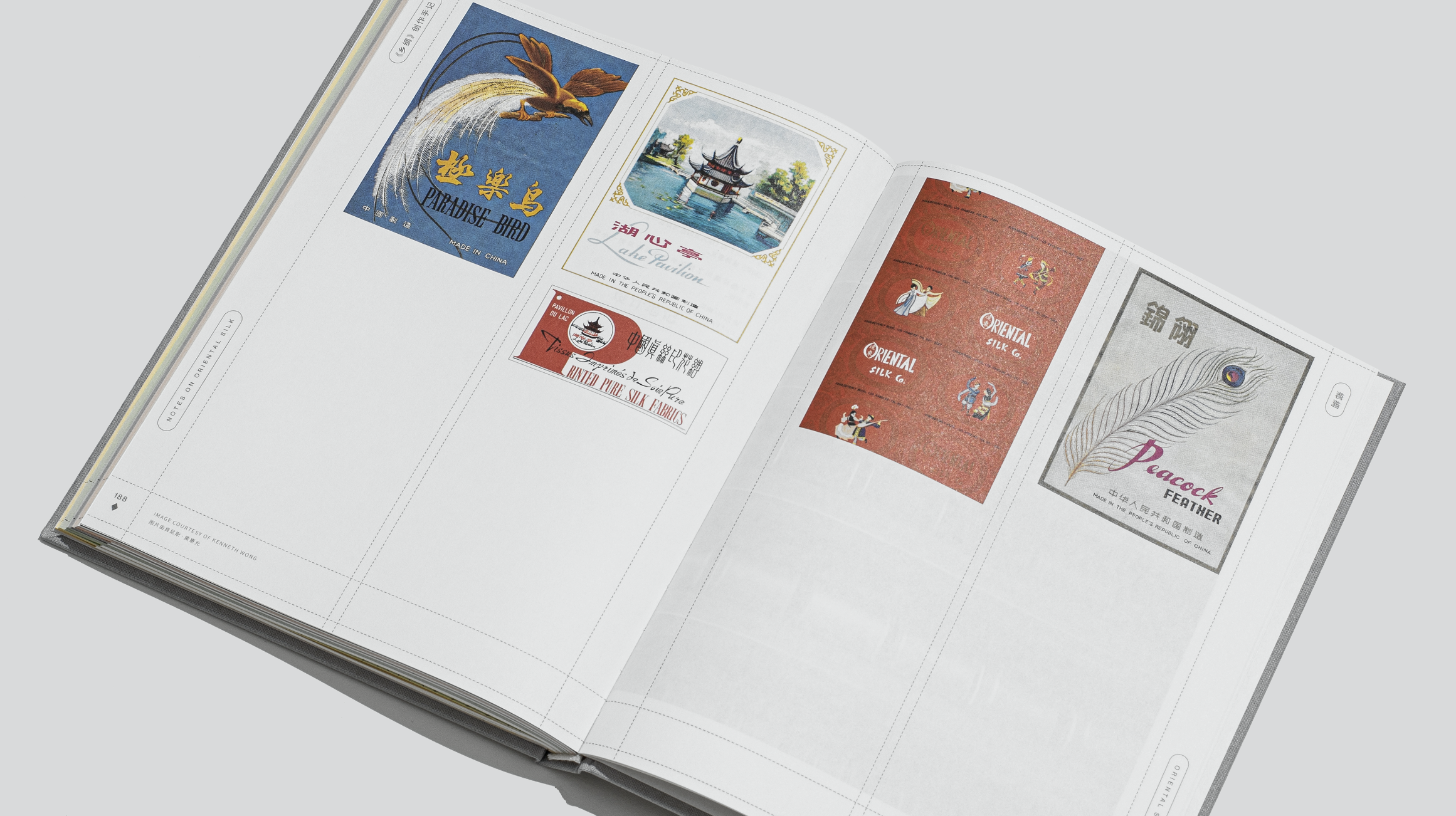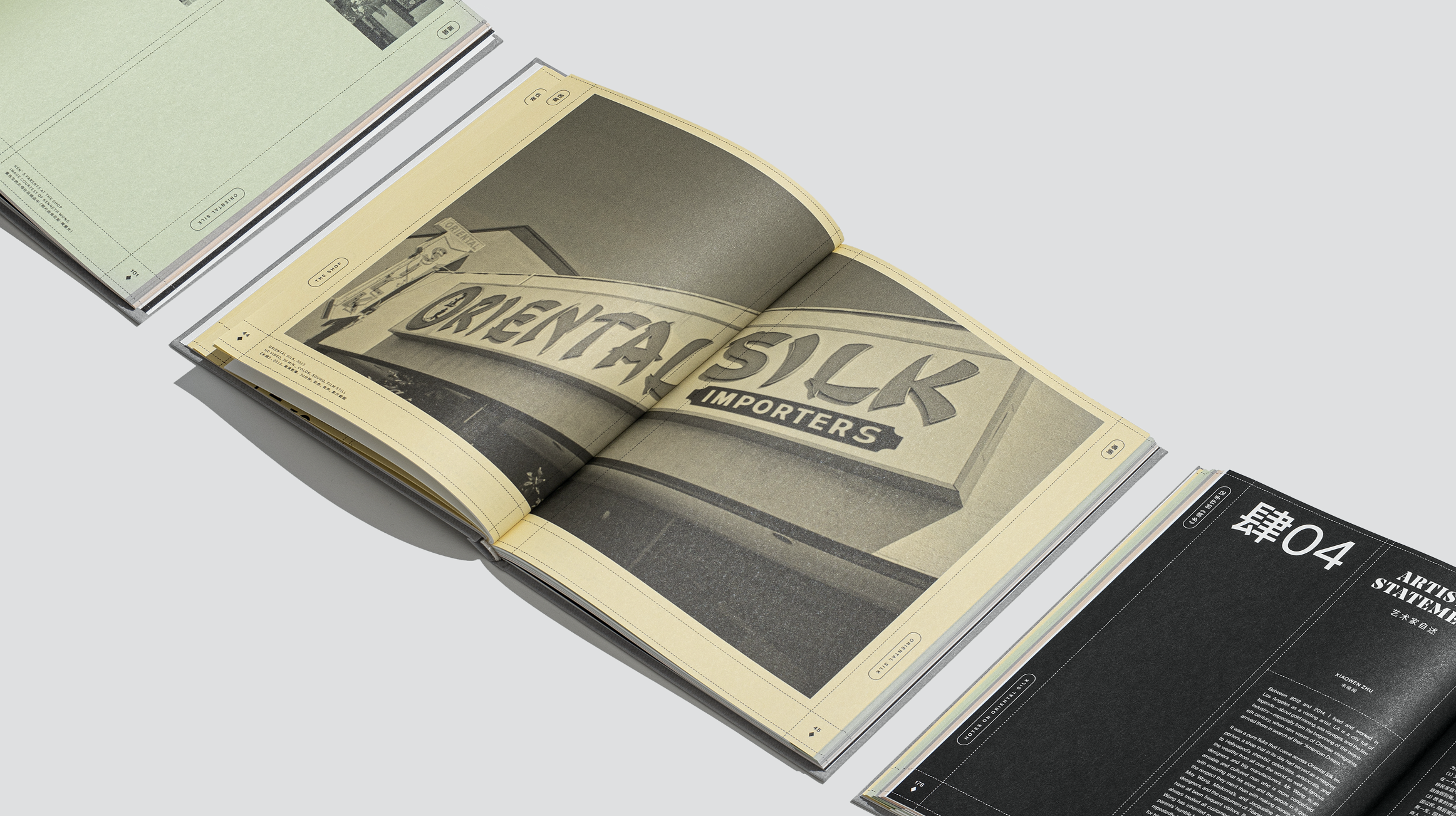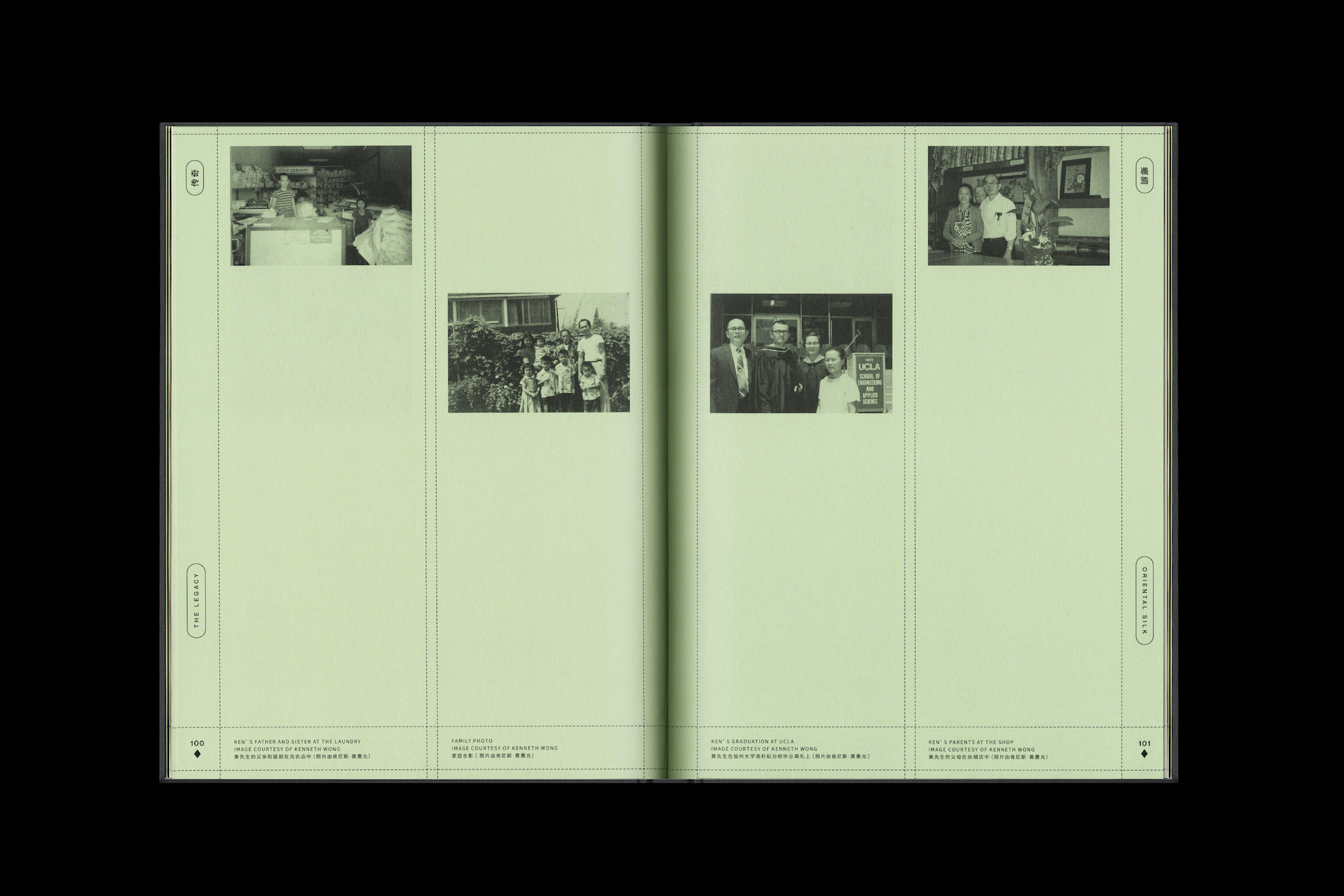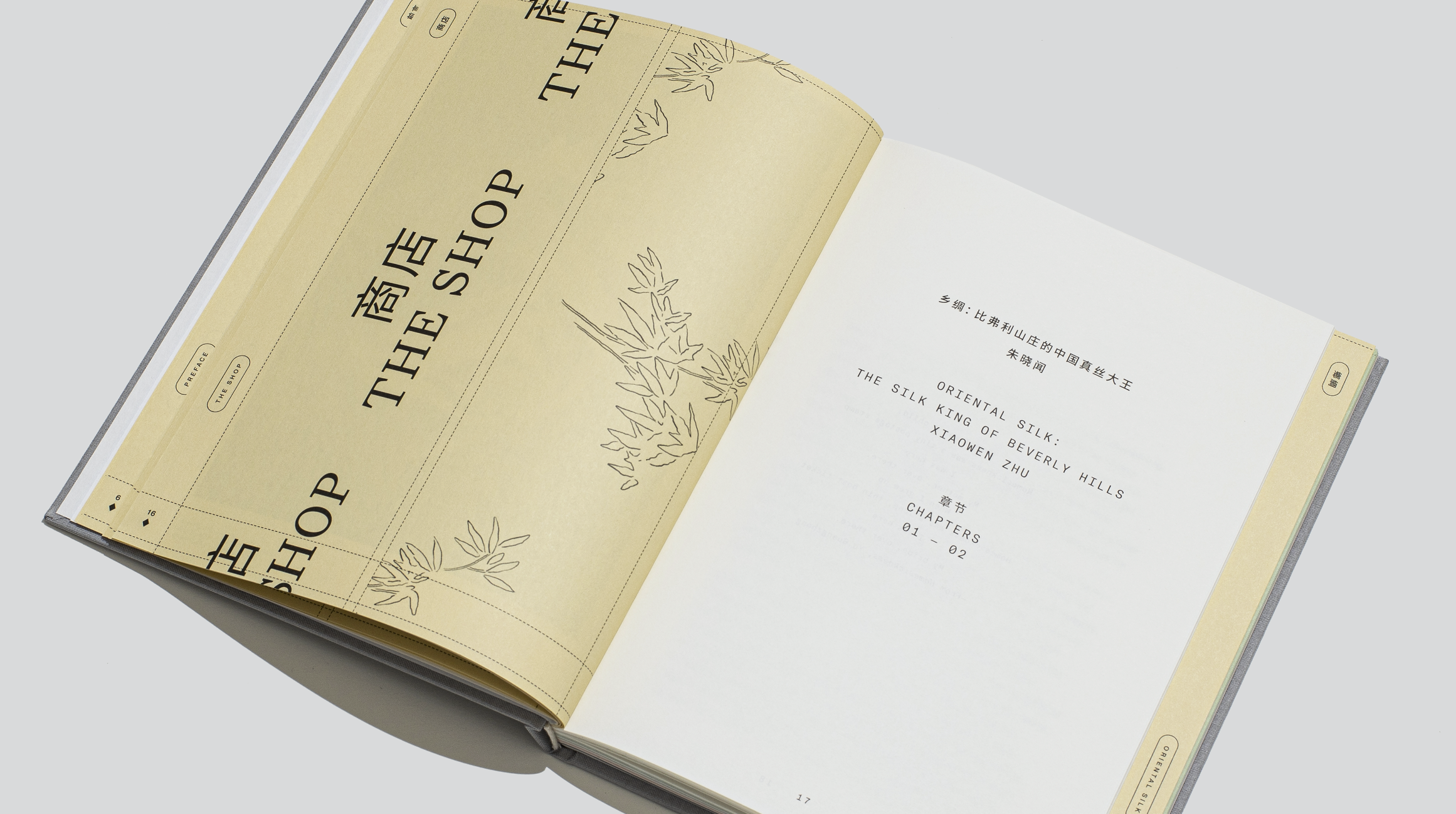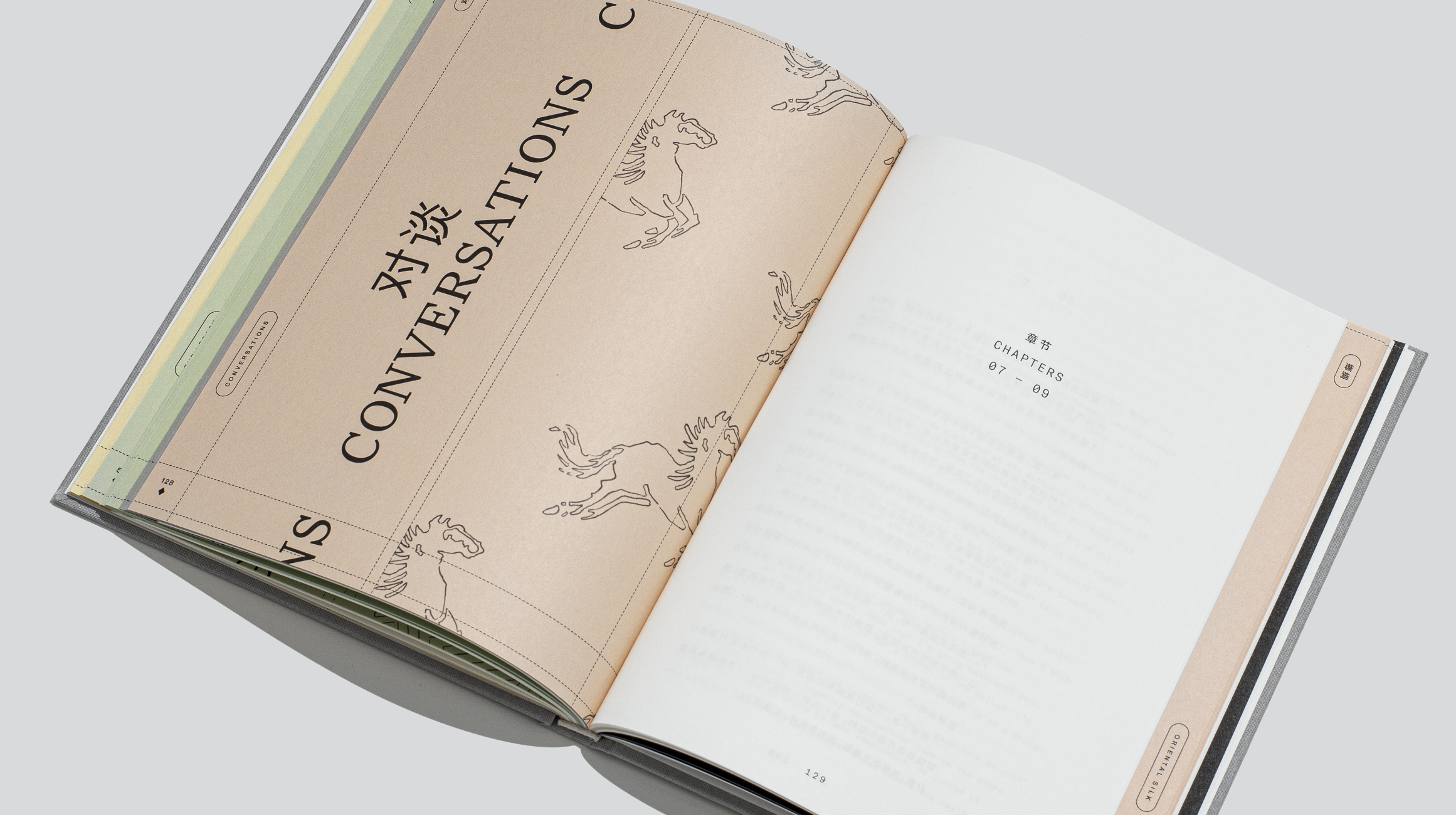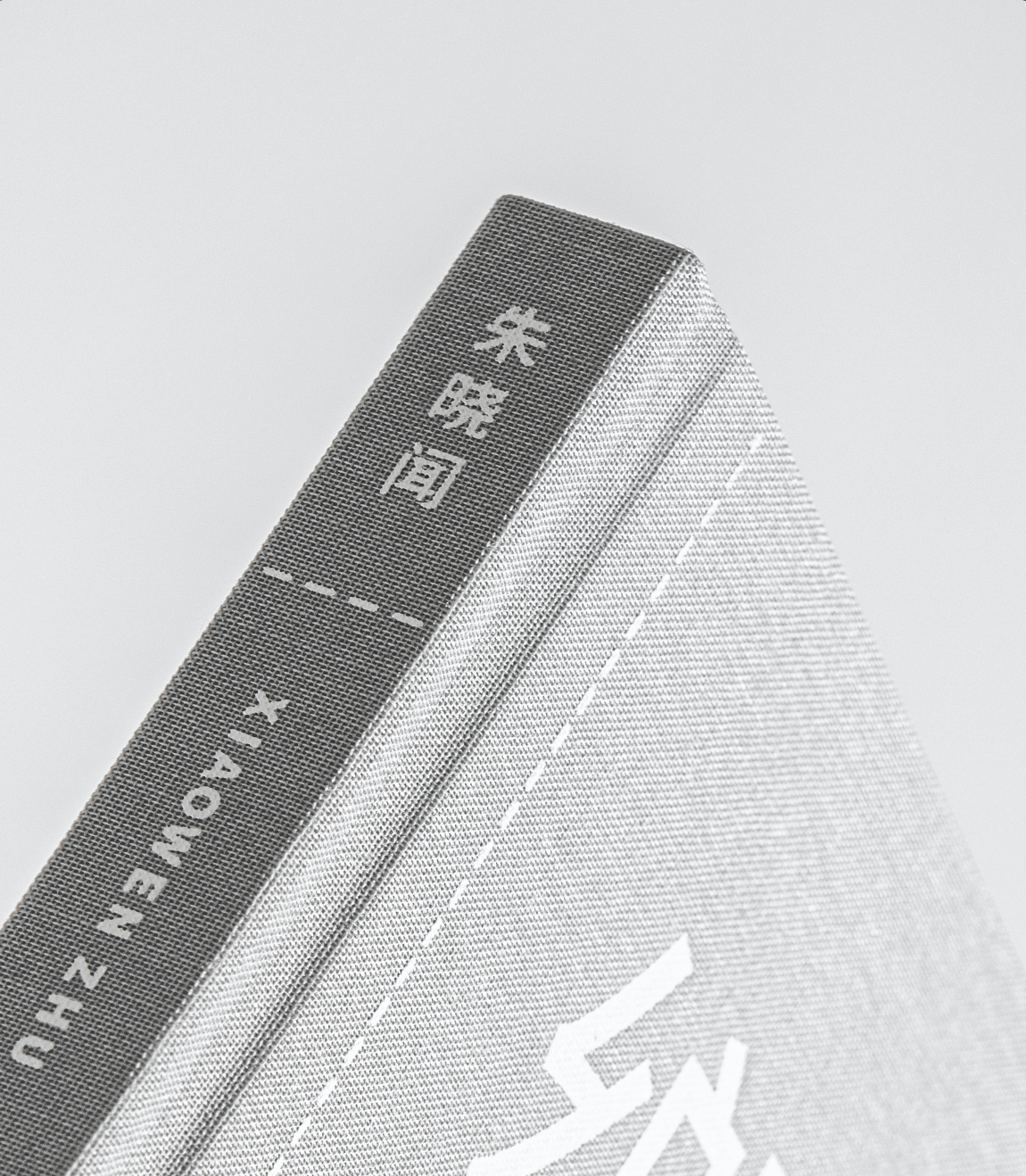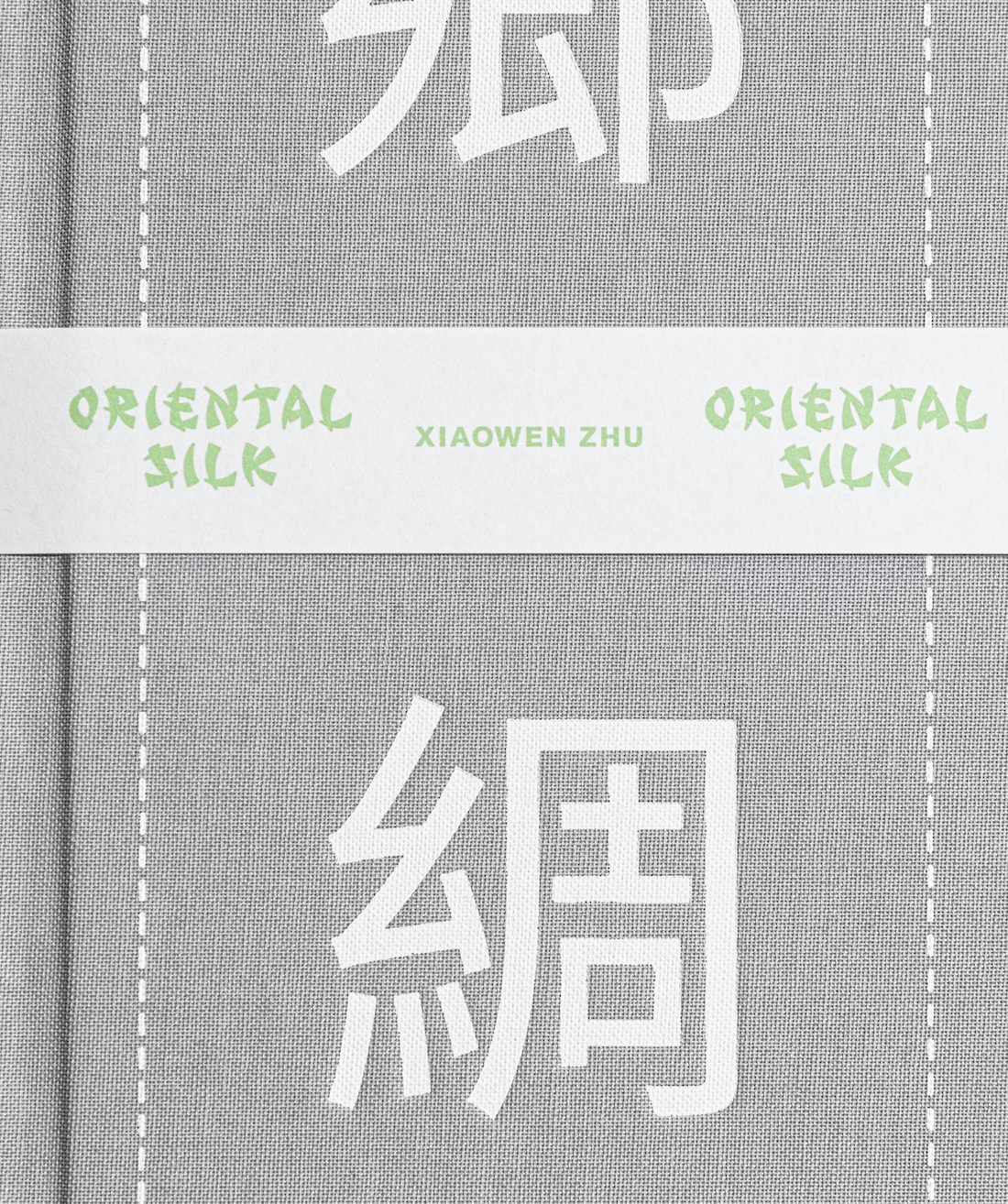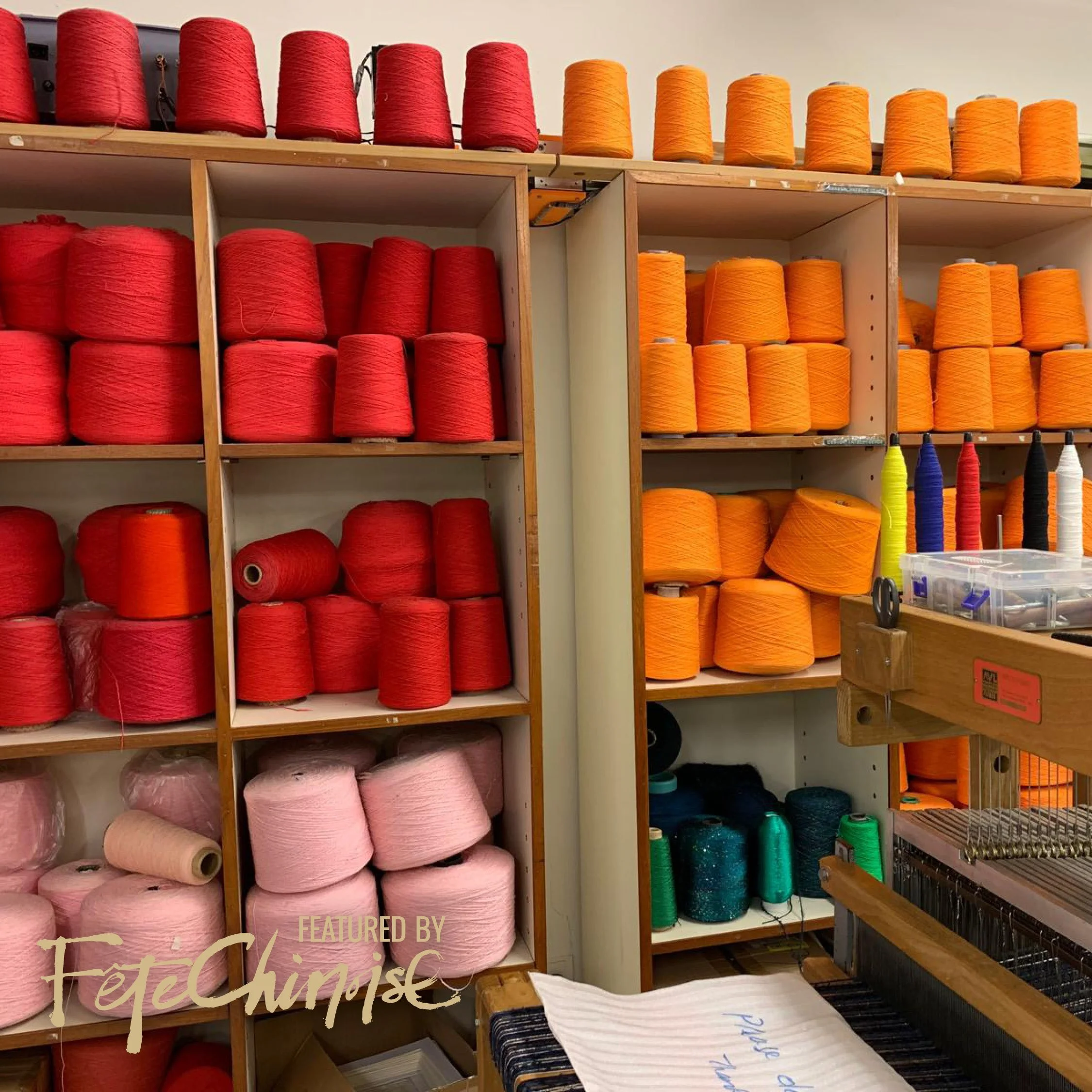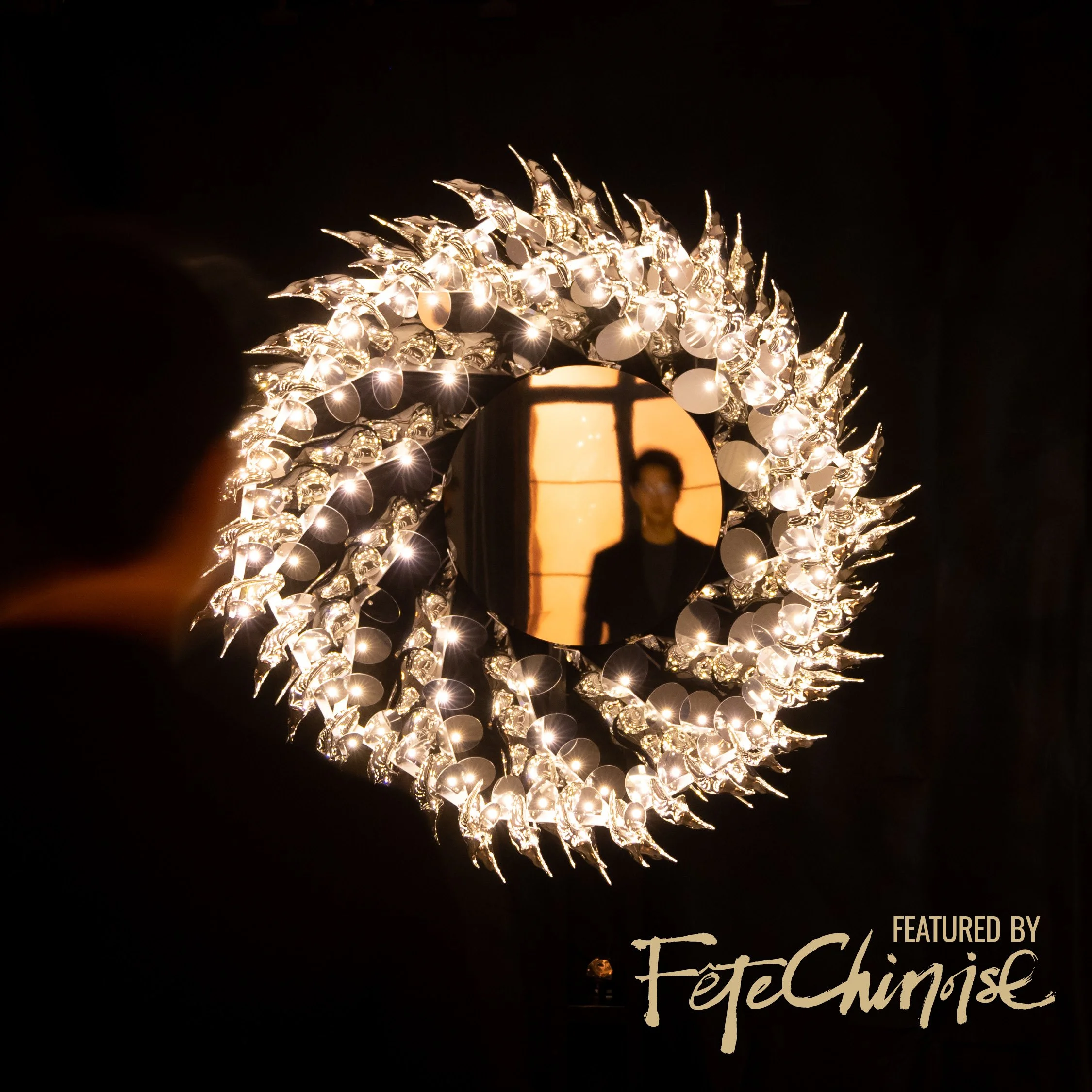Xiaowen Zhu : Explorer of Time, Heritage and Memory
Written by Yinsey Wang
Xiaowen Zhu & Matthias Winckelmann, The Politics of Memories (2020- ), 3D-scanned digital images | image courtesy of the artist
Xiaowen Zhu, Distance Between (2012), 3-channel HD video installation, color, sound, video still | image courtesy of the artist
I have always been fascinated by Xiaowen’s versatility, in the media she uses and the various topics that she touches upon. For example, Distance Between (2013) is a 3-channel video installation that features interviews with six people in romantic long-distance relationships, comprising varied subject matter all the way from the excitement of flourishing love to the complexities of Skype. Xiaowen explores boundaries between fact and fiction, as well as notions of identity, home, love and trust. Xiaowen said, reflecting upon this years later: “What moved me initially was my own experience of a long-distance relationship and realizing how increasingly common it was, especially for the younger generation. Now, since we are in the global pandemic, we all experience long-distance relations one way or another, whether with our families, lovers, friends, colleagues, or people in our communities.” Although Xiaowen used to have a 7-year-cross-continental relationship with her partner, she is now separated by the distance between her and her family in Shanghai. Unsure of when they will next meet in person, Xiaowen ponders about “how many broken hearts there are in the world right now, due to the ongoing isolation and uncertainty”. However, what she has learned is that “time heals many wounds and brings hope to those who are patient and resilient”.
Xiaowen Zhu & Matthias Winckelmann, The Politics of Memories (2020- ), 3D-scanned digital images | image courtesy of the artists
I feel that time is a recurring theme in Xiaowen’s work. She is in a way, playing with it constantly, intricately pulling at the threads of a rich tapestry of diverse memories. Faced with a generation where things move so quickly and rapid gentrification erases the legacy of what once was, she is also working on an ongoing collaboration with her partner Matthias Winckelmann, The Politics of Memories (2020- ). This investigates the emotional and spatial landscape of home in the context of cultural heritage, memory, and loss by focusing on London and Shanghai (being both cities they had lived in). Taking references from contemporary archaeology and using innovative methods of recollection, such as photogrammetry, the duo innovatively made use of 3D-scanning to record urban structures. Xiaowen notes that their process means they not only capture the “meaningful existence that has been swiftly razed to the ground – graffiti art, historic buildings, and places where people used to call homes”, but it also preserves, “in the digital realm, valuable and vulnerable artifacts revealing unique cultural identity and craftsmanship, such as ancient brick and wood carving, traditional building decoration, and unique architectural details”.
Xiaowen Zhu & Matthias Winckelmann, The Politics of Memories (2020- ), 3D-scanned digital images | image courtesy of the artists
sponsored by piaget.
This approach to detail is prevalent in Xiaowen’s search for meaning. She seeks to create the art in the unseen and find memory and value in the everyday. In particular, in 2013, found herself on the brink of a discovery that corporate history can be art. In her recent book, Oriental Silk (Hatje Cantz. 2020), Xiaowen argues for this through multi-disciplinary media whereby she uses imagery and words to distill the beautiful, intricate histories of an emporium of the same name, selling silk and other fabrics. Meeting Kenneth Wong, the shop owner, resulted in Xiaowen’s years-long obsession, of filmmaking, writing, visual creation and most importantly, capturing of a reflection of the Asian-American experience.
“...time heals many wounds and brings hope to those who are patient and resilient.”
Xiaowen Zhu and her book “Oriental Silk 鄉綢”
Xiaowen began her project of documenting this story in 2014, through a film also named Oriental Silk. The culmination of the project in her book, shows the extent of Xiaowen’s imagination and the ability to engage beyond time, space and culture with an extensive audience, by capturing a relevant and powerful narrative. In her own words, Xiaowen notes the value in “the story of a second-generation Chinese-American family and the rise and fall of their business can inform the currently popular discourses of migration and entrepreneurship”. In addition, she notes that “there are the permutations of history: as a family goes from weakness to strength, from prosperity to decline, this has complicated repercussions in many people’s lives”.
The film version of Oriental Silk was screened in many venues around the world. I remember when I first met Xiaowen at one of her screenings in London at the China Exchange. I found Kenneth Wong’s story, strangely familiar but also fascinatingly unique. I thought of my time as a schoolchild reading about the “American Dream”, of immigration, and race-based civil society movements, and was immediately drawn to the story of the Wong family’s resilience. His father came from humble beginnings and became a success, who “through his own efforts becomes an American citizen, is called up and fights in World War II on the European front, dances with death on numerous occasions but returns to America, opens a laundry and ends up as a successful business owner in Los Angeles”.
“How far must we go in order to assert our sense of identity and our stories in place we should be able to easily call home? How does our culture fit in and what legacies can we retain in our communities? ”
Upon writing this and reflecting on Kenneth Wong’s family legacy, I am still confronting questions running through my head over and over, especially in light of recent events impacting the Asian diaspora across the globe. How far must we go in order to assert our sense of identity and our stories in place we should be able to easily call home? How does our culture fit in and what legacies can we retain in our communities? What is beautiful is the rawness and vulnerability that Oriental Silk presents of its proprietor, “as he reveals his joys and his sorrows and tells us about these traditional skills which are far removed from the lives we live today”.
Xiaowen, through her work, has certainly convinced me, that corporate culture can be art. She has shown how a single shop could “represent the astonishing history of the 20th-century Chinese American migration”. Through Kenneth Wong’s story, Xiaowen comments on how the 2008 financial crisis’ impacts can be seen “by looking macro at micro, through one person’s narrative and memory”. Xiaowen told me she wanted to be “part of something larger than ourselves, whether it’s history or community” and to contribute to the “necessary storytelling” of the diasporic experience of Asian-Americans. She has done that and more. Kenneth Wong’s story has spoken to me, as British-Chinese living in today’s uncertain world, rife with uncomfortable conversations about citizenship, society and race. In her own words, Xiaowen is able to pinpoint the “nuanced sparks possessing the potential of becoming something illuminating relevance and resonation”. Similarly, I hope more can be done to show that there’s beauty out there in the most ordinary of places, waiting for us to behold and share.
Xiaowen Zhu’s website: zhuxiaowen.com
About the writer, Yinsey Wang
Sponsored by PALETTERA.






